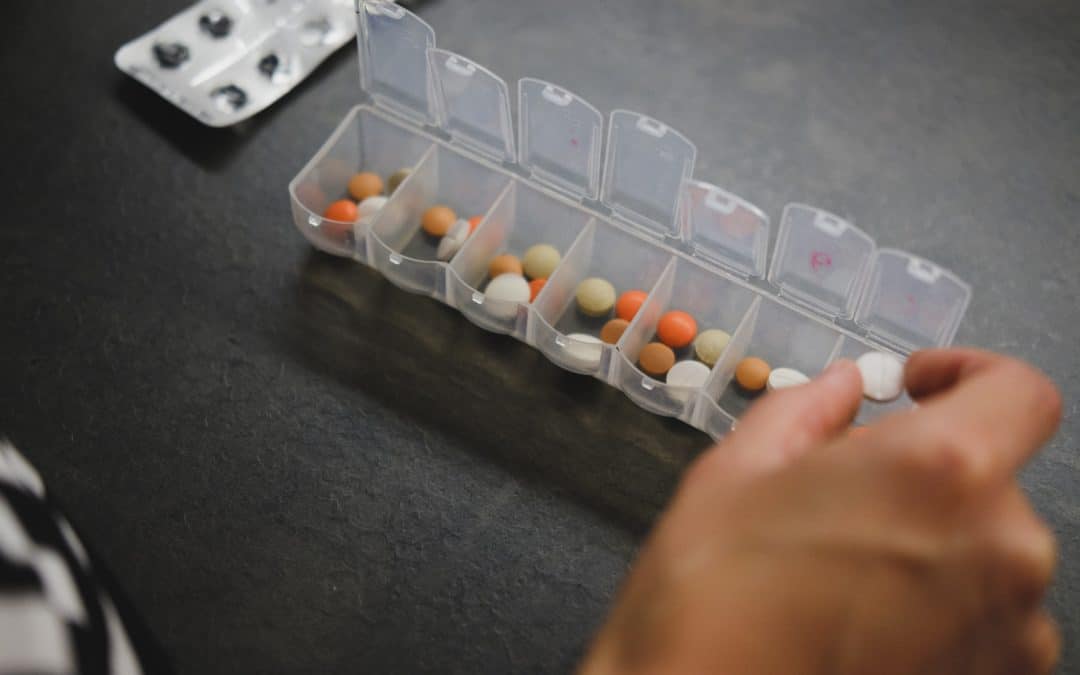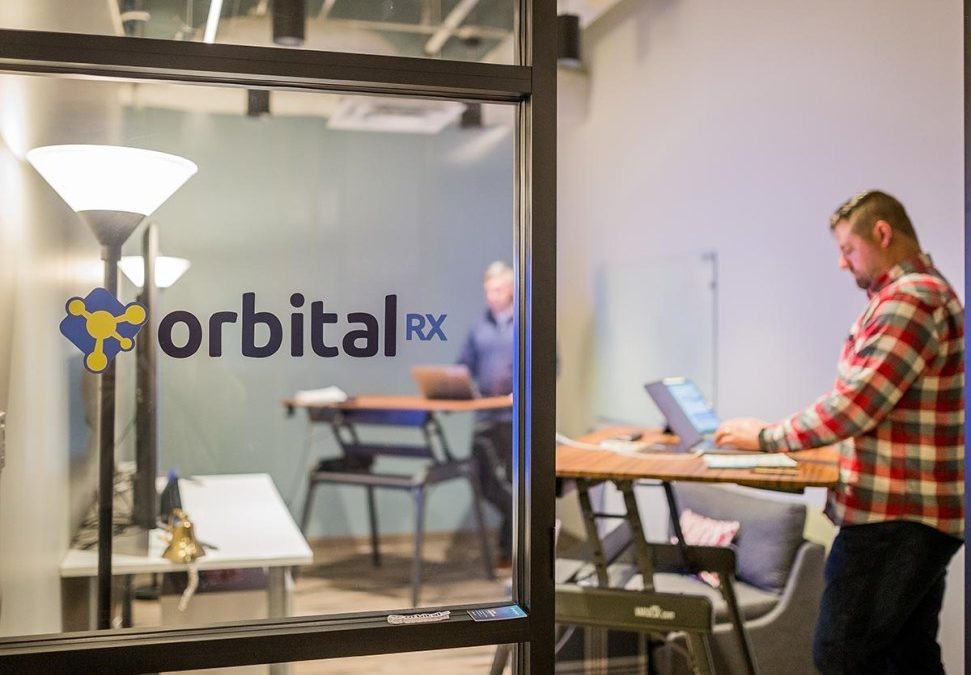
Hospital Drug Shortages: Patients are Feeling the Impact
A hospital patient needs treatment, but the medicine drawer for the drug they need is empty. What happens next?
That’s a scenario too many hospital staff members deal with on any given day. While consequences of dealing with hospital drug shortages include loss of staff productivity and higher cost to the hospital, most distressing are the negative impacts to patient care.
Last summer, The New York Times reported hospital ERs around the country were struggling for months without crucial medications, such as morphine for pain relief and the heart drug diltiazem.
But those weren’t isolated incidents. Hospital pharmacy leaders have struggled with drug shortages for more than a decade, sometimes due to manufacturing problems, procurement issues, and natural disasters. For many years those drug shortages happened under the radar, but more patients today are becoming aware of the direct impact to their care.
Patients experience the pain of drug shortages first-hand
Today more than 200 drugs are in short supply, according to the American Society for Hospital Pharmacists. Current shortages include medicines for relieving pain, treating cancer and heart conditions, and fighting infections.
In most cases, patients won’t know if they aren’t given their doctor’s first-choice medication. Nor are they likely to realize how drug shortages disrupted the hospital’s typical work patterns, requiring staff to scramble and spend significant time coming up with alternative treatments.
But patients experience first-hand when the replacement medication doesn’t resolve their symptoms. They’re also all too aware when faced with real-life scenarios like these:
- A patient suffers adverse effects from a drug given as an alternative to the preferred treatment for his condition.
- A phone call from the hospital tells the patient her scheduled procedure has been delayed, because the medications needed for the surgery aren’t available.
- The preferred and more effective drug isn’t available to treat an ER patient with a racing heart. The replacement drugs his doctors tried didn’t work for him, so he has to be admitted overnight to receive a steady drip of yet another drug alternative.
- Another patient arrives for her chemotherapy treatment only to learn the cancer drug is in short supply, and she needs to switch to a different therapy or delay treatment.
Reports: Drug shortages delay and harm patient care
A survey in May 2018 by the American College of Emergency Physicians found 9 of 10 emergency physicians said they have experienced shortages or absences of critical medicines, and nearly 4 in 10 said drug shortages had negatively impacted patient outcomes, including direct patient harm.
When drug shortages force hospital staff to spend time searching for alternative treatments, this can delay patient procedures and other services. Nearly 90% of responding emergency physicians report having to take time away from patients to explore the viability of alternative treatments and medications.
A report released in January 2019 by the American Hospital Association (AHA), the Federation of American Hospitals (FAH), and the American Society of Health-System Pharmacists (ASHP) found not only continued rising drug prices, but also shortages for many critical medications, are impacting patient care and putting strains on hospital budgets and operations.
According to that report, almost 80% of hospitals found it extremely challenging to obtain drugs experiencing shortages. FAH president and CEO Chip Kahn says:
“We see a developing crisis. Relentless drug price increases and all too frequent shortages of critical medications are eroding the capacity of hospitals to provide our patients needed care.”
Addressing the issue of drug supply shortages in the January 2019 ASPR blog, the U.S. Department of Health and Human Services – Office of the Assistant Secretary for Preparedness and Response says:
“Supply shortages threaten patient health even in the best circumstances…With so many shortages, one is likely to impact your hospital or healthcare facility at some point. By planning to cope with the impacts of a supply shortage, your hospital or healthcare facility will be better prepared to continue providing patient care when one occurs.”
A 2019 scoping review by the National Center for Biotechnology Information focused on drug shortages and patient outcomes in a range of medical literature. The review found medication shortages have become a growing worldwide issue in recent years, and patients “were more commonly reported to have increased out of pocket costs, rates of drug errors, adverse events, mortality, and complaints during times of shortage.”
Empowering pharmacists to better manage drug shortages
Hospital pharmacies use a well-defined and highly controlled system of processes to get the right drug, in the right form and dose, to the right patient at the right time. Any change in the system, such as suddenly dealing with a specific drug shortage and finding viable alternatives, adds risk to the system and ultimately the patient.
As experienced health system pharmacy professionals, we know how seriously and personally our peers take the care of all of their patients. Weighing on every pharmacy professional we’ve worked with is the worry they might be rushed into a situation where they have to change a drug and/or the processes around that drug, compromising the patient’s care if something gets delayed or overlooked.
That’s why working to empower pharmacists is so important to us, so health system patients can receive the best care. We’re all about giving pharmacists advanced awareness, providing more options to proactively manage data and workflows, and reducing complexity through automation, as explained in our mission:
“Empower pharmacy leaders with the tools they need to proactively mitigate the ongoing impacts of medication shortages, and deliver them with intelligent, intuitive solutions that hospitals can deploy to protect their patients from harm while efficiently responding to supply chain threats.”
To schedule a demo of the OrbitalRX solution, send us a message.


 Since hospital pharmacy leaders are often on the move, working in and between meetings, the
Since hospital pharmacy leaders are often on the move, working in and between meetings, the